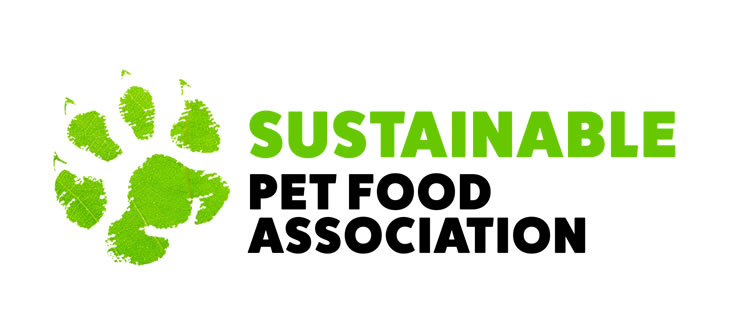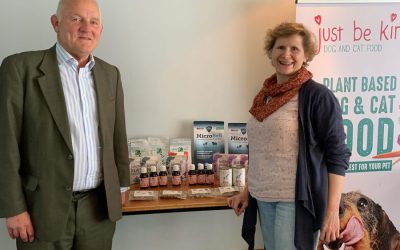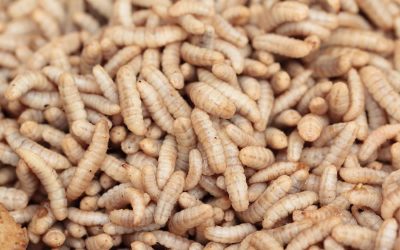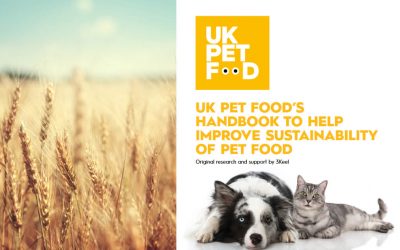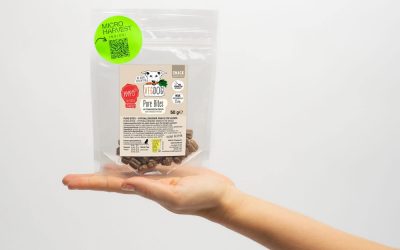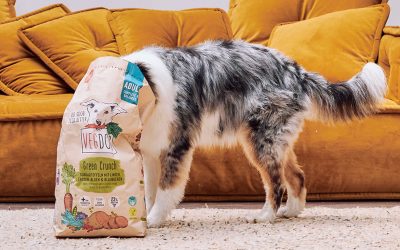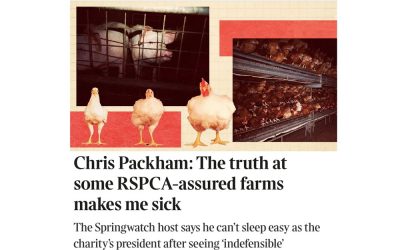“We’re very clever and extremely resourceful – and we will find ways of preserving ourselves, of that I’m sure. But whether our lives will be as rich as they are now is another question.”
– Sir David Attenborough
© Calysta
Is precision fermentation our future way to feed not only our pets, but ourselves too?
Yes it most certainly is!
What is precision fermentation?
In the 80’s when they produced insulin to treat diabetic people, they first made it from the pancreas of a dog; then from the pancreas of cows and pigs…and thousands of animal pancreases were needed to produce a small amount of insulin to use in a syringe for people to inject.
In the 90’s, they began to use precision fermentation to produce the exact same insulin needed which is what we have today for all diabetes medication – we have done away with the organ of an animal, and we use the highly effective fermented hormone insulin made sustainably in huge steel vats in enormous quantities to satisfy demand!
What is biomass fermentation?
Biomass fermentation is an ancient practice: humans have used microbes to produce bread, beer, and ethanol for thousands of years. In biomass fermentation, naturally occurring microbes, such as yeast or bacteria, are cultivated in bioreactors. These microbes grow quickly and accumulate valuable nutrients, such as protein, fats, and fibre.
After fermentation, the microbe is harvested, dried, and used as a nutrient-dense, protein-rich end product. The result of biomass fermentation can be, for example Feedkind protein which is produced through natural fermentation of one type of bacteria particularly rich in protein.
This particular biomass fermentation protein is grown on an industrial scale and since February 2025, has been recognised as a safe and nutritious innovative and sustainable protein to add to pet foods!
Imagine that this exact same process of changing from using the pancreas of a cow to making precision fermented insulin happened with the protein and muscle of pigs and chickens, or the milk of a cow!….that is precision fermentation and it is our future and happening much, much quicker than you may think!
In the pet food space, we already have companies such as Calysta that sell a precision fermented air-based protein to FeedKind Pet which is available to pet food manufacturers across Europe to cater to consumers looking for high-quality, sustainable protein for dog and cat food.
In February 2025, Marsapet in Germany launched the world’s first bacterial fermentation protein dog food Microbell. It is a groundbreaking advance in sustainable pet foods and is most certainly the pet food of our future.
This sustainable protein source from FeedKind Pet, is non-GMO, grain-free, gluten-free, and soya-free. It is said to be a nutrient-dense and highly digestible ingredient, offering a complete amino acid profile, while featuring postbiotic properties that help maintain a healthy gut.
It can be incorporated into all kinds of cat and dog food products, from dry kibble to tinned food and treats. The novel protein has been approved for use in the EU, UK, Canada, and other countries after extensive safety and toxicity testing.
Even more exciting, it is the very first innovative novel protein source to be backed by robust feeding trials and scientific evidence of health benefits!
Peer-reviewed research on FeedKind biomass fermentation protein shows high digestibility rates and potential gut health benefits in adult dogs!
UK Government Food Strategy Says the Country is Well Positioned to Develop New Alternative Protein Products In The Human Space
The UK government has published its new food strategy, which aims to make healthy and sustainable food the default choice for consumers.
“Sustainability is a motherlode of innovation.” – Harvard Business Review
Delivering value with a new product and capturing value in return as with a profit without regard to environmental and sustainable impact is not innovation, it’s exploitation. Innovation is usually driven by necessity, with our backs up against the wall. It also often emerges from the bottom up, because those on the “frontlines” working directly with customers or clients have the best and most immediate insights into their needs and pain points.
Studies claim positivity with alternative pet diets
Many owners willing to consider alternative pet diets, studies claim with a high proportion of cat and dog owners now prepared to explore alternative, more sustainable diet options
Plant-based vs Insect-based dog food
Insect Protein-Based Diets as Potential Risk of Allergy in Dogs, and Higher Cost
Avian Flu Pandemic Risk from Raw Feeding
The APHA (Animal Plant and Health Agency.gov.uk) sends anyone interested in environmental matters, emails about looming threats. As a vet, this is what I have received recently in my email inbox - In my inbox yesterday 11th November - An Avian Influenza Prevention...
Raw dog and cat food fuelling spread of antibiotic-resistant bacteria
The very real and always present danger of this latest study yet again finding antibiotic-resistant bacteria in raw commercial cat foods!
UK Petfoods MUST Keep Up!
Using animal byproducts in meat and fish-based pet foods is NOT sustainable!
Cats dying after eating Avian-Influenza-contaminated raw pet food!
Does vegan cat food provide the solution?
Could our dogs or cats trigger an avian influenza pandemic?
As our memories of the last COVID 19 disappear, the potential for another pandemic looms and pets could play a role in transmitting it
Using microbial protein for the very first time in dog treats!
This first-of-its-kind protein is derived from bacteria that have been consumed by humans for centuries in foods such as kimchi, kefir, and sauerkraut
BVA says it is possible to feed dogs plant-based
The British Veterinary Association (BVA) has ended its opposition to (nutritionally-sound) vegan diets for dogs
The truth about ‘RSPCA Assured’ farms
The footage obtained from these farms, including distressing images of decomposing pigs, dying chicks, and salmon with missing eyes, is simply indefensible
The Great Protein Debate – Beef or Beans?
Dr Sue Paterson, RCVS President and Senior Vice President of the European Society of Veterinary Dermatologists interviews Dr Arielle Griffiths about Sustainable Pet Foods
University of Liverpool Vegan Dog Food Study
Prof Alex German holds the position of Royal Canin Professor of Small Animal Medicine at the University of Liverpool
